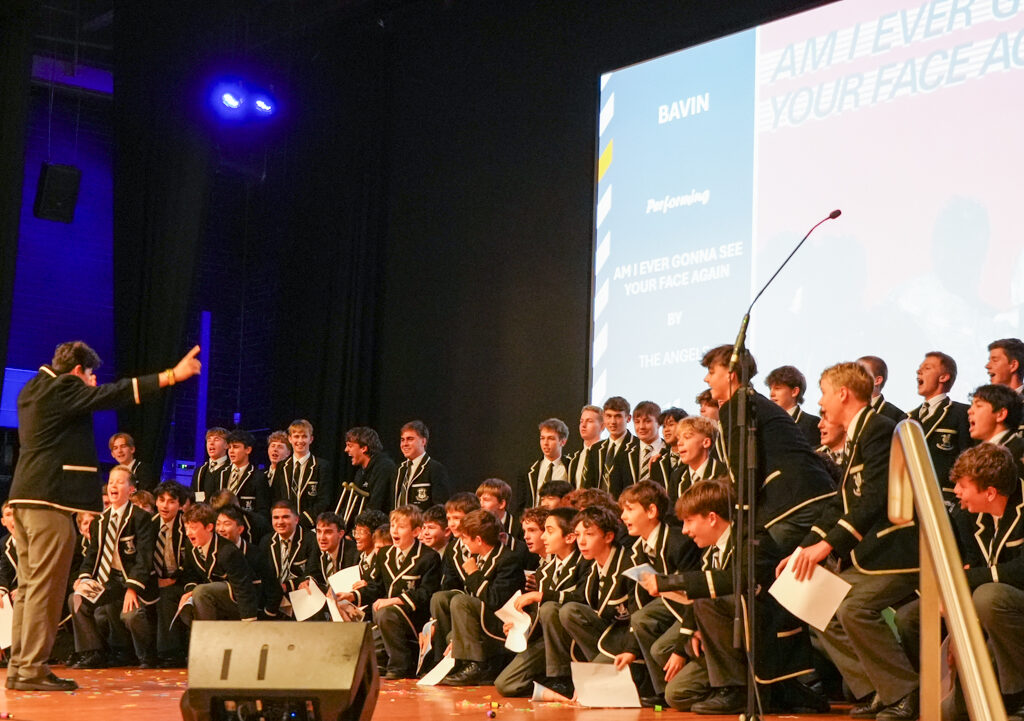How to talk to kids about consent
The stories of young women being sexually assaulted at parties that have emerged in recent weeks have been individually shocking and cumulatively harrowing. Those who have shared them have called for hundreds of schools – especially boys’ schools – to step up and do more by radically improving our education on consent, gender relations and respect, something I and many of my colleagues at other schools will be doing.
The stories also call for something many will find much harder: for hundreds of thousands of parents to have conversations with their sons and daughters about consent, assault and rape. They are conversations many parents won’t want to have. They will be difficult, possibly confronting and certainly awkward. They will leave “where did I come from?” in the dust.
Can’t schools handle this? Why home, too? First, because the people who love your child the most live there. Second, your sons or daughters can open up one-on-one in a way they probably won’t in a classroom, surrounded by their peers. Third, when the adult/child ratio is one-to-one, not hundreds-to-one, your child will get to do at least half of the talking. Fourth, you can tailor the conversation to your child’s age, experience and cultural background better than any teacher or outside lecturer.
But where to start? Here is a checklist of questions that might be useful. Parents can use them as a guide, or just as some background cushioning. Some questions are focused on sons; some are for everyone.
- Have you seen or heard of sex at parties that has disturbed you, or is this all new to you? What does “consent” look like in movies or TV shows you have seen? What does lack of consent look like in movies or TV shows you have seen? What do you think “good sex” and “bad sex” is generally?
- If you have seen pornography, what did it make you think about how people have sex? How is the sex that it showed similar or different to the sex that most people have? What parts of it shouldn’t be copied into real life? How is porn not reflective of real life?
- What could “lack of consent” look like at a party? Why do you think some people might not speak up, even if they don’t want the sexual activity? (Examples include being scared, in shock, drunk or stoned.)
- Think about a woman or girl who is important in your life. How would you expect her to be treated by those around her? How are you going to interact with girls at parties? Is there anything you do now at parties that you should change? Is there anything you do now at parties that you could do more of?
- What does “informed consent” mean to you? How are you going to remember all this if you are very drunk one night? Should you intervene or be a “bystander”? How could this relate to parties and a potential lack of consent? Why do you think so many people still commit sexual assault (footballers, schoolboys, for example) after having these conversations and hearing this information? How are you going to be sure it isn’t you?
The excellent NSW government website www.women.nsw.gov.au/makenodoubt has the easy-to-remember tagline ‘Yes?’ + ‘Yes!’ = ‘Yes’ (with ‘yes’ being either words or actions). It also says sexual consent is a mutual agreement by two people to engage in sexual activity.
It is critical to include in any conversation that the legal age of consent is 16; that drunk, sleeping or unconscious people cannot give consent; and that people can change their mind and withdraw consent at any time.
It might be difficult to engage a 15-year-old whose preferred mode of family communication is a grunt. Perhaps start with: “We should have a conversation in the next day or two about consent – when works for you?” Or catch them in the kitchen. Or even better the car – no eye contact and no means of escape.
Some extra tips: Try to get your son or daughter to do at least half the talking, or it might just become a thinly disguised lecture. Admit to your child that it is a difficult conversation. Even if your child starts to screw up their face, make retching noises or escape through the window, press on. Imagine your own grandparents having sex: this is probably what the conversation will feel like for them.
Start with the assumption that your child is a decent person, not a toxic member of their gender. At the same time, don’t assume they are telling the whole truth when they say, “I’ve got no idea what you are talking about. I’ve never seen a single thing. Let me get back to my phone.” Be ready with details from the website link above about consent, intoxication and assault. Try to get the concept of “respect” in there too. If people really respect each other, most of the other “rules” become irrelevant.
If we are to reduce this porn, alcohol and bravado-forged scourge of assault from many of our young people’s lives, schools and parents will have to work together.



